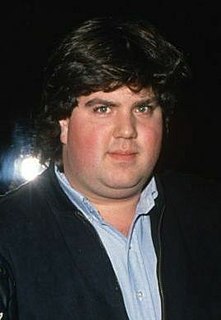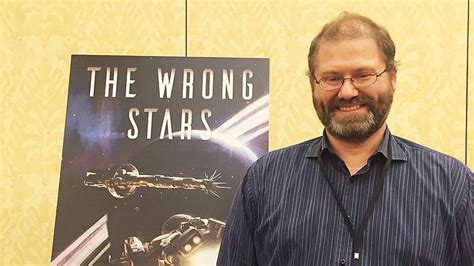A Quote by Patrick deWitt
I was intentionally curbing the impulse to be funny and hiding the ability. I wrote any number of very serious attempts at poems, short stories, novels - horrible. At a certain point, I recognized that it was fun to write dialogue that had a degree of lightness and humor.
Related Quotes
I was a Teletype operator in the army, so that's where I learned to type. One day, I went downstairs to see if I could still type - I hadn't done it for four or five years after the war. So I typed out a page and I showed it to my wife and she said, "Where did you get this?" I said I wrote it. "You wrote this?" It was something very funny. I went and wrote another page, another couple of pages, and by the time I was finished I had 13 little short stories, humorous short stories.
I started writing because I wanted to write scripts, but I wasn't very good at it. Then I started writing short stories, sort of as treatments for the film scripts, and I found I enjoyed writing short stories far more than I enjoyed writing film scripts. Then the short stories got longer and longer and suddenly, I had novels.







































